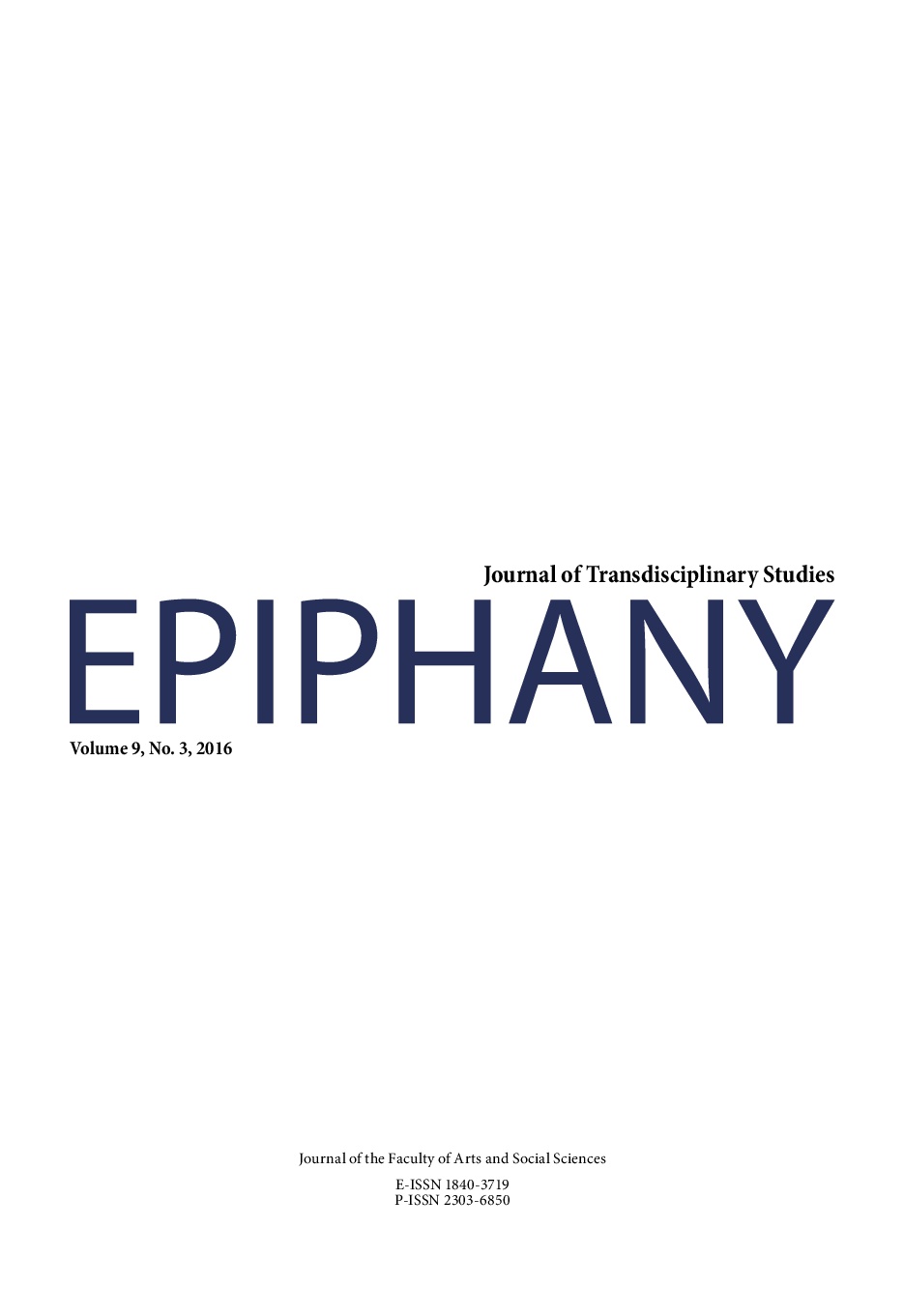Paranoia and its Ensuing Effects in Ken Kesey’s One Flew Over the Cuckoo’s Nest
Paranoia and its Ensuing Effects in Ken Kesey’s One Flew Over the Cuckoo’s Nest
Author(s): Nasser MalekiSubject(s): Studies of Literature, Political Philosophy, Contemporary Philosophy, Post-War period (1950 - 1989)
Published by: International University of Sarajevo
Keywords: Michel Foucault; One Flew over the Cuckoo’s Nest; Paranoia;
Summary/Abstract: The present paper examines the applicability of paranoia and its ensuing effects on individuals in Ken Kesey’s One Flew over the Cuckoo’s Nest (1962). It is significant to analyze and discuss how authorities in a given culture impose controls on mavericks so as to forestall possible threats. Paranoia in the above-mentioned work, it is argued, engenders a perennial phobia on sufferers which brings about an identity crisis exerting influence over the temperament and conduct of them. Kesey’s work indeed perfectly exemplifies the sort of treatment undergone by those suffering from mental illness and the way they are mistreated. McMurphy, the protagonist, being cognizant of the way authorities codify stringent regulations on their subjects seeks to exhort those confined in the hospital to extricate themselves from their pathetic and deplorable condition and to disabuse them of the wrong notions instilled into them.
Journal: Epiphany. Journal of Transdisciplinary Studies
- Issue Year: 9/2016
- Issue No: 3
- Page Range: 27-40
- Page Count: 14
- Language: English

